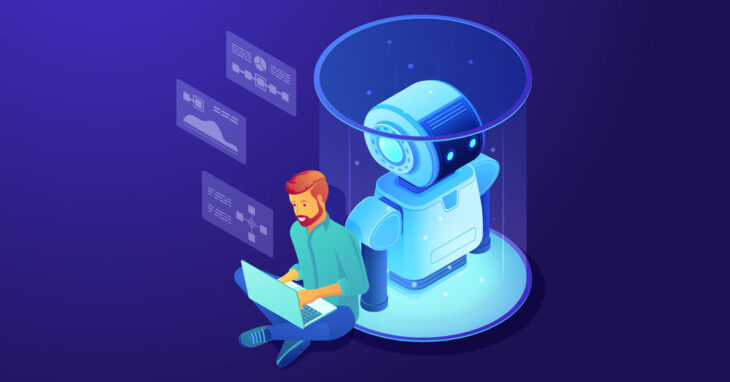As businesses face increasing pressure to improve efficiency, reduce costs, and stay competitive, many are turning to AI automation tools to handle repetitive tasks. These tools are transforming the way companies operate, allowing them to focus on innovation and strategic goals. AI automation is not just a buzzword—it’s rapidly becoming a game-changer across industries.
The Shift to AI-Driven Automation
AI technologies are now capable of automating a wide range of tasks that were traditionally done manually. From data entry to customer service, businesses are adopting AI tools to streamline operations and improve accuracy. As AI continues to evolve, these tools are becoming smarter, more intuitive, and easier to integrate into existing business systems.
Key Areas Where AI is Making an Impact
- Data Management
Businesses are increasingly turning to AI to automate data entry, analysis, and reporting. These tools can process vast amounts of data much faster than humans, ensuring greater accuracy and freeing up employees for more strategic work. - Customer Service
AI-powered chatbots are now common in customer support, providing instant responses to common queries. This allows human agents to focus on more complex issues, improving customer satisfaction and operational efficiency. - Sales and Marketing
AI tools are revolutionizing digital marketing by automating campaign management, personalization, and customer segmentation. They can also identify potential leads and track customer behavior, helping businesses make more data-driven decisions. - Inventory and Supply Chain Management
AI is transforming how companies manage inventory by automating stock tracking and predicting demand. This reduces the chances of overstocking or stockouts, ensuring that companies can meet customer needs without unnecessary waste. - HR and Payroll
Automation is also reaching human resources departments. AI can process payroll, track employee performance, and even assist with recruitment, streamlining administrative tasks and reducing errors.
Why AI Automation is Gaining Traction
- Boosting Productivity: By automating repetitive tasks, employees can focus on high-level projects, ultimately improving productivity.
- Cost Efficiency: AI tools reduce the need for manual labor, lowering operational costs.
- Accuracy and Speed: AI performs tasks with precision and speed, reducing human error and increasing operational reliability.
- Smarter Decision-Making: AI tools analyze data in real-time, providing valuable insights that help businesses make informed decisions.
The Future of AI Automation
AI automation is expected to continue growing across industries. With advancements in machine learning and natural language processing, the scope of what AI can automate is expanding. In the coming years, businesses will likely see even greater integration of AI in areas like creative work, decision-making, and predictive analytics.
For businesses, embracing AI automation is no longer optional—it’s becoming essential to stay competitive. Companies that adopt AI tools will not only streamline their operations but will also position themselves to capitalize on new opportunities in a rapidly evolving digital landscape.
As this trend grows, the future of AI in business looks brighter than ever, offering a wealth of possibilities for companies ready to harness its potential.
